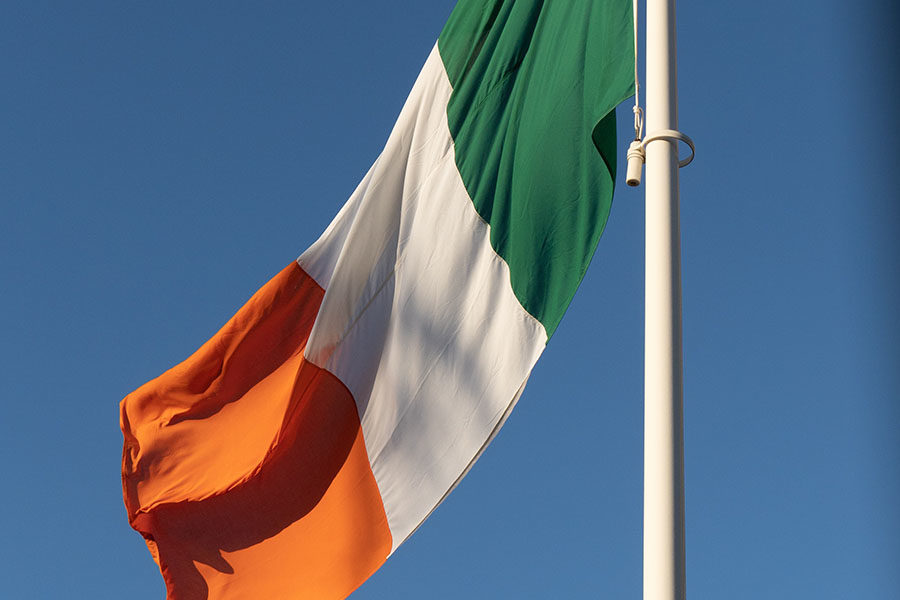Irish gambling regulator raises concerns over “gamblification” of sports

The head of the country’s new gambling regulator said gambling could damage young people’s association with sport.
Ireland.- Anne Marie Caulfield, the head of the new Irish gambling regulator, has criticised the “gamblification” of sports and its potential effect on young people. She said gambling in sports could harm young people’s relationship with something that should be a “positive influence”.
Speaking to the Irish Examiner, Caulfield said the Irish Gambling Regulatory Authority has been recruiting in preparation for formally starting to work in 2024. She also noted that it had commissioned an ESRI study on problem gambling in Ireland, identifying that one in 30 have some form of problem gambling.
She said: “It is estimated that for every person who is demonstrating problem gambling, six to seven people are affected in terms of the family, in terms of the friends. It is quite broad, in terms of the scale and the scope, so I think it was important to establish what we are dealing with.”
She added: “There is a stigma attached with problem gambling. We’re going to try to dispel that so people know that they’re not alone and that there is help out there for them.
“So, I suppose in the first instance, we have been charged with regulating the sector, and to do so effectively will be extremely important. But then also in terms of education and awareness, so that people can start to talk about these issues, and start to identify where they may have an issue themselves or in their family, and to start to deal with it.”
Ireland’s gambling legislation proposes strict rules on gambling advertising. A ban would cover radio and television advertising between 5.30am and 9.00pm as well as communications on social media and by text message. Penalties for breaches of the advertising restrictions would include a fine and/or up to 12 months in prison if convicted under summary conviction and up to five years in prison if convicted on indictment.
Despite the strict advertising rules and a ban on free bets, the rest of the bill has largely been supported by major gambling operators.











